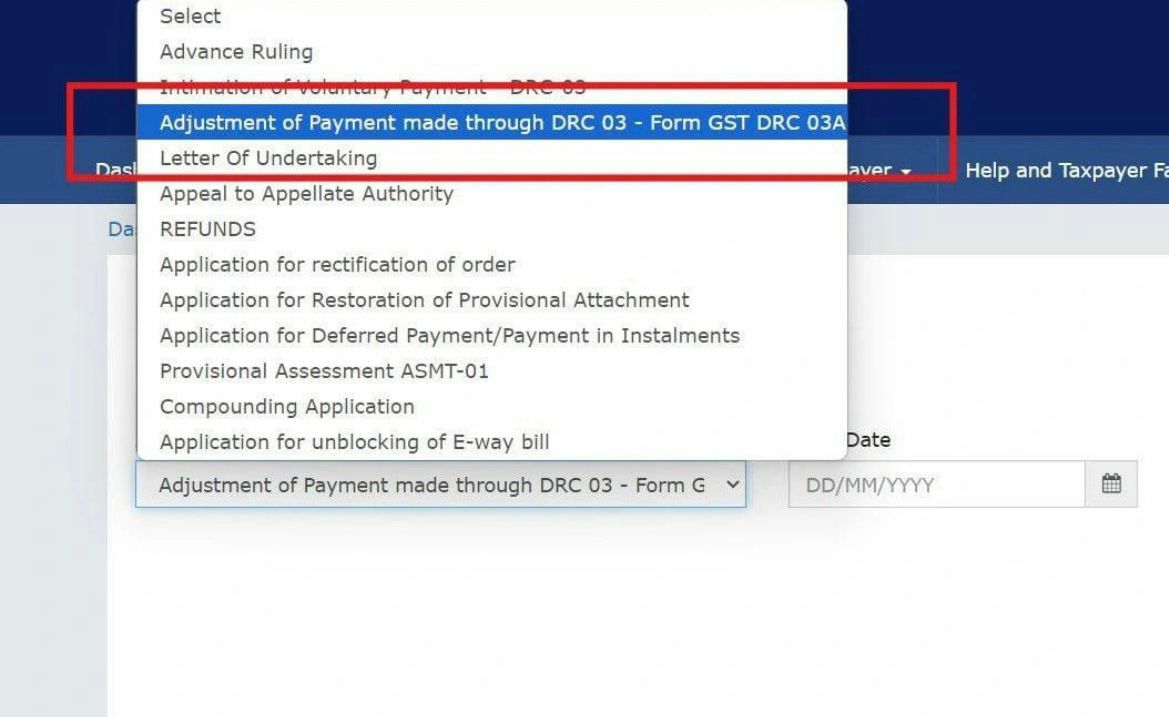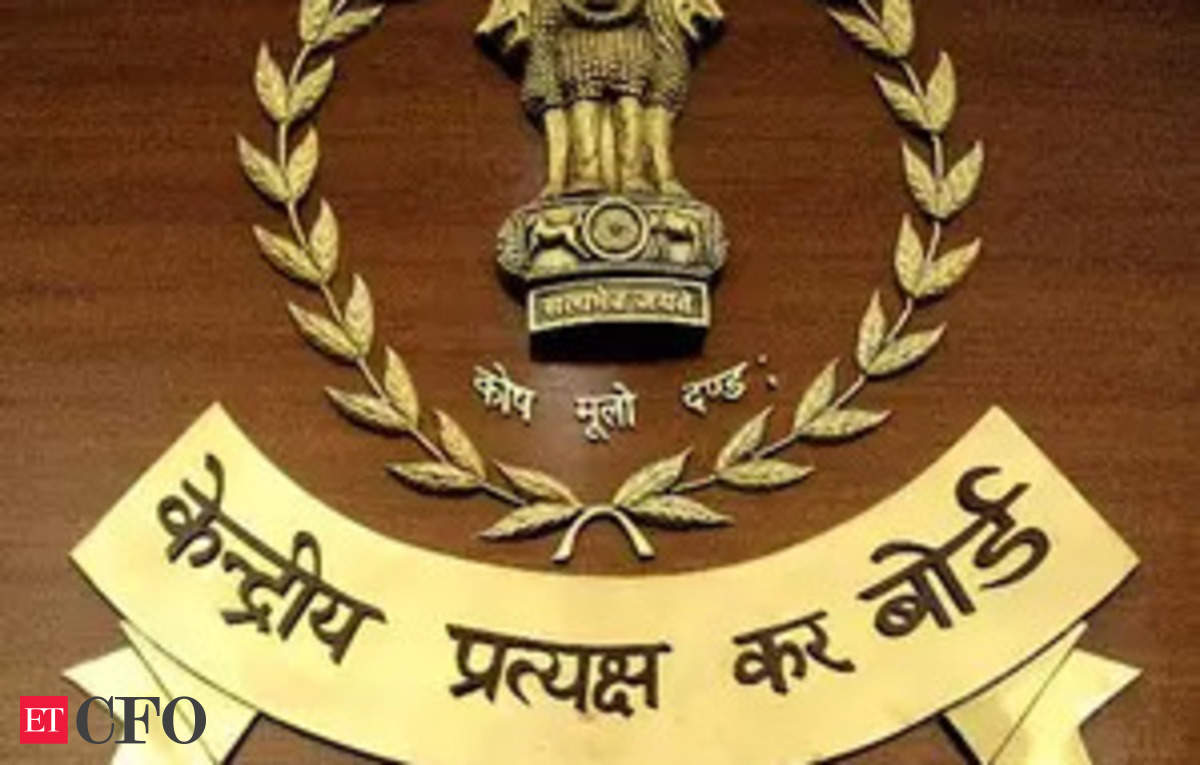The Bombay High Court has recently made a significant ruling regarding the taxation of shares transferred by way of gift. In a judgment delivered by Justice K. R. Shriram and Justice Neela Gokhale, the court held that capital gains tax is not payable on such transfers under Section 45 of the Income Tax Act. This ruling sheds light on the tax implications of transferring shares as gifts and provides clarity on the legal framework surrounding such transactions.
Background of the Case
The case in question involved the transfer of shares by way of gift, prompting a dispute over the applicability of capital gains tax. Section 45 of the Income Tax Act stipulates that any profits or gains arising from the transfer of a capital asset must be considered by the assessee. However, the key issue in this case was whether capital gains tax is payable on the transfer of shares when no consideration is received, as is the case with gifts.
Court’s Observations
The bench observed that the language of Section 45 requires consideration to be received for the transfer of a capital asset before any profits or gains can be measured. In the absence of consideration, such as in the case of a gift, there is no basis for assessing capital gains tax. Therefore, the court ruled that capital gains tax is not payable on the transfer of shares by way of gift.
Legal Interpretation
The court’s interpretation of Section 45 clarifies the tax treatment of shares transferred as gifts. By emphasizing the requirement of consideration for the imposition of capital gains tax, the court has provided clarity on an issue that was previously subject to ambiguity.
Impact of the Ruling
This ruling has significant implications for taxpayers who transfer shares as gifts. It eliminates the burden of capital gains tax on such transactions, thereby providing relief to individuals engaging in intra-family transfers or other forms of gifting involving shares.
Below is Order
Shri S.S. Sohoni, Advocate for petitioners
Shri N.G. Moharir, Advocate for respondent No.3
CORAM : AVINASH G. GHAROTE AND
SMT. M.S. JAWALKAR, JJ..
DATE D : 29/04/2024
Heard Shri S.S. Sohoni, learned Counsel for
petitioners.
The petition questions the termination of the services of one Shri Haridas T. Katwale, pump operator with the Establishment of the respondents on 18/10/2014 (page 32) on the ground of absenteeism.
Shri Sohoni, learned Counsel for the petitioners, submits that said person, who was the father of petitioner Nos.2 and 3, was missing since 2012 and, therefore was not appearing for his services, which fact was informed to the respondents time and again, inspite of which, after holding
an enquiry, the termination has been effected. He submits, that as on account of he being not traceable for more than period of 7 years, a suit for a civil death came to be filedbearing Special Civil Suit No.20/2022, which came to be decided on 06/12/2022 declaring the civil death of Haridas Katwale, the order of termination as indicated above, was without merits. He therefore summits, that on this count, the consequent application filed by the present petitioners
in pursuance to the declaration dated 06/12/2022 regarding the civil death of the said Haridas Katwale, having been made to the petitioners was entitled to be considered for compassionate appointment. In support of his contention, he relies upon the determination by the
Central Government Industrial Tribunal-cum-Labour Courts (CGIT) in the Reference case No. 211/2000 in which on similar facts, employment was granted.
Shri N.G. Moharir, learned Counsel for respondent No.3 opposes the contention of the learned Counsel for the petitioners by submitting that the order of termination, which is consequent to an enquiry, cannot now be questioned by the petitioners on the basis of the declaration of civil death. That apart, he submits that there is no policy, which permits the legal heirs of the terminated employee to seek employment on compassionate basis. He, therefore,
submits that petition needs to be dismissed
The termination by the order dated 18/10/2024 of Shri Haridas Katwale, was on account of absenteeism, he having been absent from duty from 10/09/2012 continuously. Thus, the termination of the said person, is clearly on the basis of not being available for duty, which is
a ground on which it is so permissible in law. The same, therefore, cannot now be questioned by the petitioners as it 3 52 wp 7361-2023 has attained finality, that too on the basis of the judgment
of the Civil Court declaring the civil death of the said person.
That apart, the policy dated 09/12/2013, which was extant at that point of time, does not indicate that the legal heirs of a terminated employee, are entitled to be considered for compassionate appointment. In fact, the policy goes a step further and holds that employment to the
dependents of missing employee is also not be considered.
It is a settled position of law that compassionate appointment, can only be claimed in terms of the policy and not as a matter of right. The award in Reference No. 22/2000 does not indicate that it is based upon any such policy, in view of which, we are not impressed by the same.
We also do not wish to comment on it, considering that is not the subject matter of challenge in the present writ petition. We, therefore, do not see any merit in the petition.
The same is dismissed. No order as to costs.
(SMT. M.S. JAWALKAR, J.) (AVINASH G. GHAROTE, J.)
Visit www.cagurujiclasses.com for practical courses










